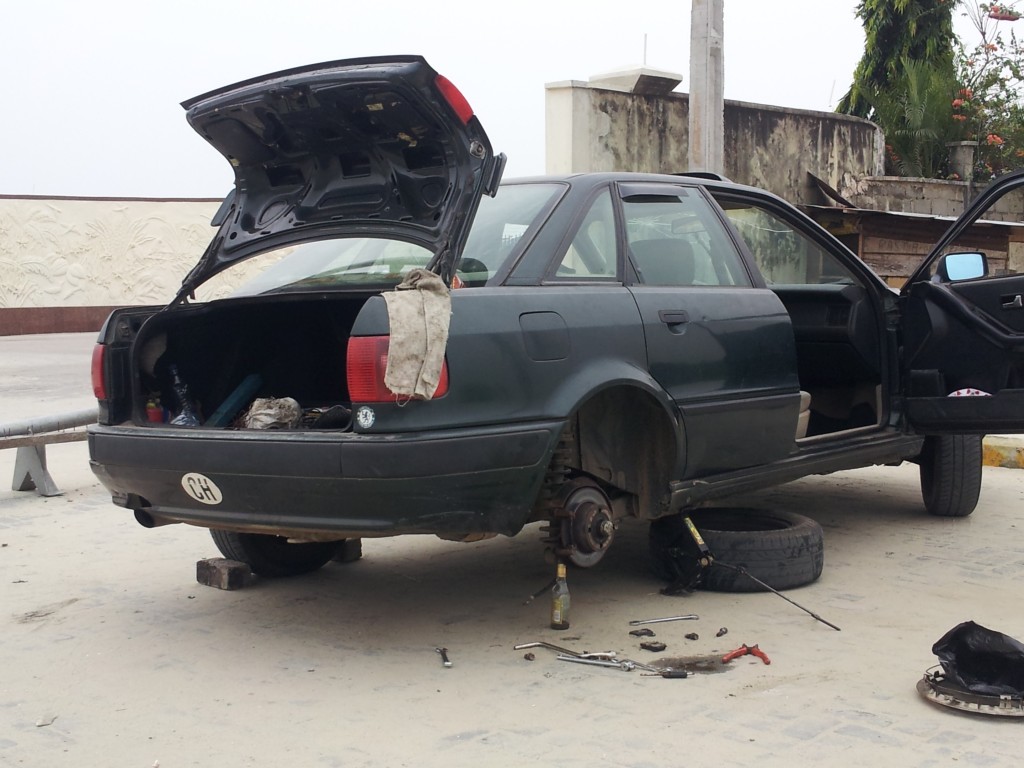Several African business leaders have warned me that we foreigners may easily misunderstand some clues that are critical for business. In particular, we may easily miss the role that the informal economy plays in most African countries. Official statistics may be misleading as they don’t include informal economic activities.

Let me give you an example. I interviewed the founder and CEO of a Pan-African company in the electronic payment sector. I had read they have a matrix that guides them in deciding which countries to enter. I asked him about this matrix, and this is the answer I got: “Yes we have such a matrix but… we don’t use it… because it doesn’t work. There’s something called the underground economy that doesn’t show up in GDP. So when you do an analysis, the consultants will tell us that the GDP per capita is this, this and that… so based on that, these are the best countries to go. I listen to them; I get on the plane and go and spend time in the country and try to see for myself.”
Instead of relying on the official statistics, he looks for alternative indicators of business drivers – in his case, he looks for signs of affluence: what we may call “the toothpick test.” In his words: “Meat in Africa is scarce, so not every family can afford to eat meat. Also, meat is quite tough and when you eat it, it stays in your teeth. When people finish eating, they ask for a toothpick. By the time they are done, maybe they have used two or three toothpicks. They also take one more for the road; they put it in their mouth and leave it there and walk to the car. People use toothpicks as a way to show off. However, in a Sub-Saharan country, none manufactures toothpicks, they are all imported. You would not find that in GDP calculations. So when I go into a country, I’m looking for such things – I’m looking for behaviors that will drive payment.”
It takes a lot of local knowledge to come up with this type of alternative indicators, doesn’t it?
By the way, this week I’m joining a group of IESE MBA students. They came for the Nairobi module that takes place at SBS: it’s being a very interesting program! I’ll tell you more about it.


It is a really interesting article, it gives the sense that there is a huge amount of business opportunities in Africa but you have to be there to take advantage of these possibilities. I suspect it might be like what happened in China many years ago, you had to be there, in context to learn what are the business opportunities.
Yes, and you need not only to be there but also to have the right connections. Thanks for your comment, Sergi! I don’t think we’ve met: are you related to IESE?
Not really, I’m currently studying at City University London, but was born in Barcelona. I follow the IESE Twitter account and read most of the articles which are actually really interesting! This particularly caught my attention and felt like commenting 🙂
You’re most welcome to the blog, Sergi!